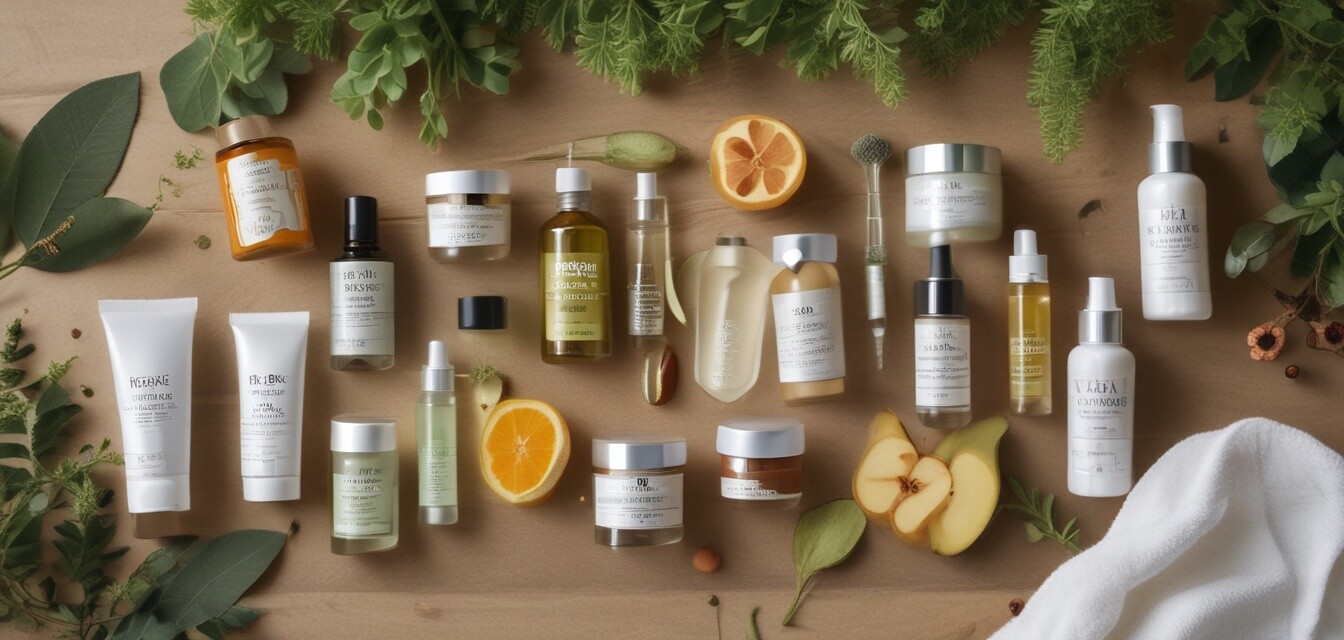
Ingredients to avoid in organic skincare
Key Takeaways
- Read labels carefully, even on products marketed as organic.
- Avoid sulfates, parabens, and synthetic fragrances which can irritate the skin.
- Be cautious of certain preservatives and chemical additives commonly found in skincare.
- Opt for products with transparent ingredient lists that align with organic and natural standards.
- Understand that some ingredients can be misleadingly labeled as "natural."
When it comes to skincare, the term "organic" can be misleading. Many products labeled as organic may still contain harmful ingredients. Understanding how to read labels effectively is essential for making informed choices for your skin. In this guide, we will highlight some of the most problematic ingredients found in organic skincare products, so you can enjoy a radiant and healthy complexion without unnecessary risks.
Common harmful ingredients in organic skincare
| Ingredient | What to Avoid | Why It's Harmful |
|---|---|---|
| Sulfates (e.g., Sodium Lauryl Sulfate) | Look for "sulfate-free" on labels. | Can strip natural oils from the skin, causing dryness and irritation. |
| Parabens | Check for parabens in the ingredient list. | Used as preservatives; potential hormone disruptors. |
| Fragrance (synthetic) | Seek out products labeled as "fragrance-free." | Can cause allergic reactions and skin sensitivity. |
| Phthalates | Find products without phthalates. | Linked to reproductive health issues and hormone disruption. |
| Mineral Oil | Avoid products containing mineral oil. | Can clog pores and lead to breakouts. |
Understanding skincare labels
Reading labels can be overwhelming, especially with the many terms used in the skincare industry. Here are a few tips to make label reading easier:
Tips for reading skincare labels
- Prioritize the first few ingredients: The first 5 ingredients make up the majority of the product, so focus on these.
- Research unknown ingredients: Don't hesitate to look up unfamiliar ingredients to understand their safety.
- Watch for "fake" organic labels: Terms like "organic" or "natural" can be used loosely; look for certified organic seals.
- Be wary of vague terms: Generic terms like "botanical extracts" can be misleading if they don't specify the ingredients.
- Consult reputable resources: Use websites or guides focused on ingredient safety.
Misleading terms to look out for
Some products may use words that suggest purity or organic origins but include harmful aspects. Here are a few terms to be cautious about:
- "Natural": Not all "natural" ingredients are good for the skin.
- "Dermatologist-tested": This does not guarantee safety or effectiveness.
- "Non-comedogenic": This label is not always reliable; ingredients may still clog pores.
- "Hypoallergenic": Does not mean the product is free from allergens.
Conclusion
Choosing the right organic skincare products requires careful attention to the ingredients included in the formula. By being aware of what to avoid, you'll be better equipped to select products that are not only effective but also safe for your skin. If you want to learn more about specific product categories, visit our Body Lotions & Oils, or check out our comprehensive Organic Skincare Buying Guides for more tips and insights.
Pros
- Empowers consumers with knowledge for informed choice
- Promotes healthier skin through safer ingredient selection
- Helps to avoid potentially harmful skincare products
Cons
- May require more time and research when shopping
- Not all brands disclose complete ingredient information


